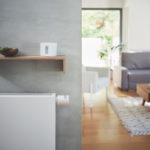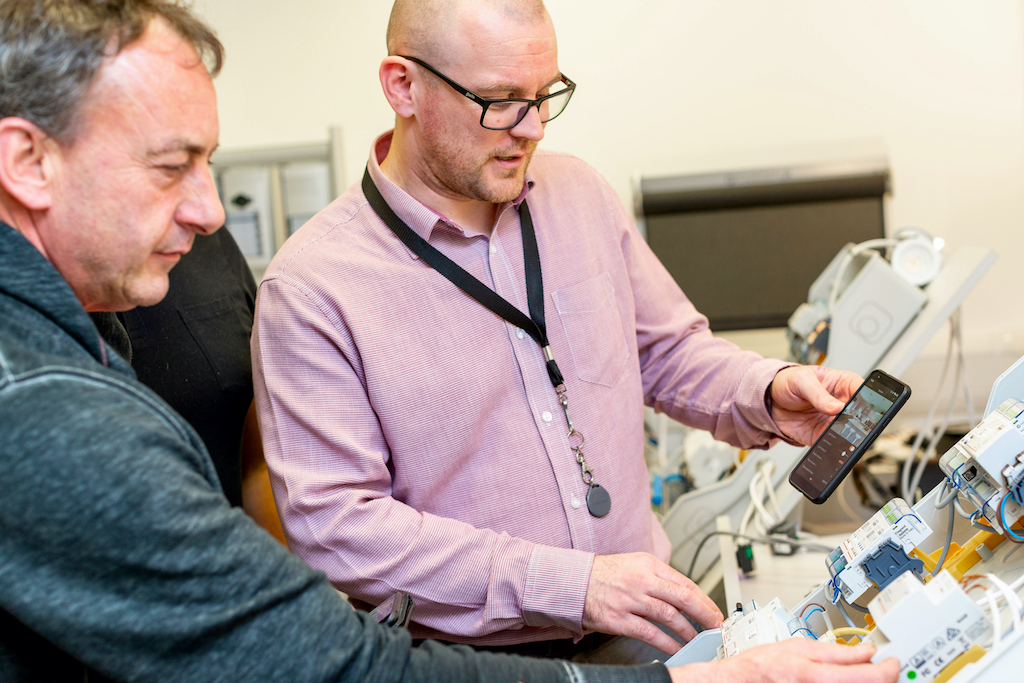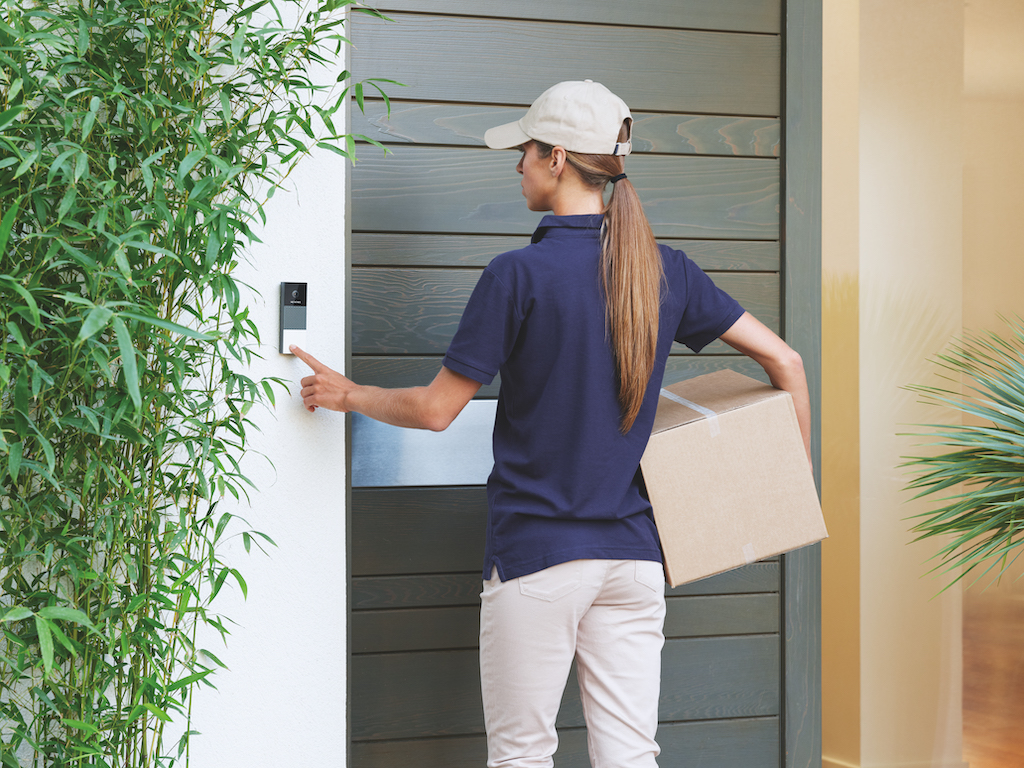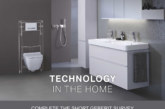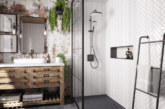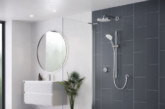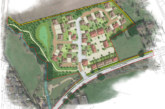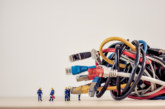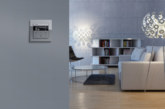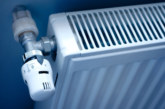There is no doubting that the way people view their homes has changed. Lockdown has meant many people are spending more time at home, re-purposing rooms to make space for offices or outdoor communal areas.
According to Share to Buy, energy efficiency, roof terraces and home office space are among the top increases in searches related to house features. Demand for smart equipment is likely to follow as people look to reduce energy costs and create a comfortable living environment, so, Richard Hopkins, Lead Marketing Manager for Legrand UK and Ireland’s User Interface division, explains trends for housebuilders and developers to meet this.
Light the way
According to Statista, the global market for smart lighting is expected to have doubled between 2017 and 2023. Smart lighting is not a new concept, but housebuilders should be prepared to ensure that buildings are prepared for smart lighting systems, to ensure that they are meeting the needs of the buyer.
The technology can be used to help reduce energy consumption, adding another benefit buyers often look for when viewing developments. The key for developers is selecting the right electrical contractor to install the devices. On top of this, it can provide more convenience and time savings as people’s lives return to normality. By programming an exit scene which ensures all lights are off, homeowners can turn off all lights in the house remotely via the smartphone app.
Smart heating
The second trend that developers are probably already aware of is smart heating. However, this is likely to grow in demand as more people spend time working from home. There have been a number of developments in this space that can offer more intelligent analysis for the end user. Smart thermostats, for example, can now offer climate management when away from home and offer added heating analysis.
When it comes to smart heating, how can developers ensure that they are selecting the most appropriate solution for buyers? Looking into the added benefits that certain systems offer can help guide the decision-making process. For example, systems which monitor a radiator’s performance, as well as humidity levels, will offer a positive proposition for first-time buyers looking to maximise energy savings and ensure the heating is run efficiently. For developers, providing these systems which offer easy to use interfaces with simple to understand heating schedule creation and adjustment should also reduce requirement for customer support engineer callouts.
Be secure
As people maximise the use of their homes, it is inevitable that smarter security systems will be more desired. With more valuables being kept at home, such as office computers, we can expect homeowners to be more security conscious. Housebuilders should look to offer added value items to protect the customer’s home, including doorbells, access gates and other security systems.
Smart doorbells, for example, can be wired into the home and can offer head-to-toe image of visitors at the door. Offering the end user flexibility and high security, doorbells are often easy to install and do not always require long-term payments from the end user. The Netatmo smart video doorbell, for example, does not require a subscription or incur any update costs.
Other added security that can be implemented into a home to increase its value include door entry systems. These can be easily accommodated into any project – whether a house or apartment block – offering video entrance panels. The Bticino system, for example, offers two wire plug and play technology for simple installation.
Conclusion
Put simply, the integration of smart home systems represents a sales and marketing opportunity for housebuilders and developers. There is no doubting that more people are looking to implement smart technology into their homes, and so a development which has systems already integrated is going to be an attractive proposition for buyers.
With appropriate training, often provided within a day for electrical contractors and installers by the manufacturers themselves, the implementation of smart home products is quick and easy. Developers should insist that their electrical contractors have received the most relevant product training before installing and they can ensure this by searching for approved installers through manufacturer websites.
It is recommended that developers look towards utilising smart home systems from the same supplier, such as Legrand. Using one supplier of smart home equipment offers consistency and a single point of reference for customer service. What is clear, however, is that now is the time for developers to realise the potential of home automation.

